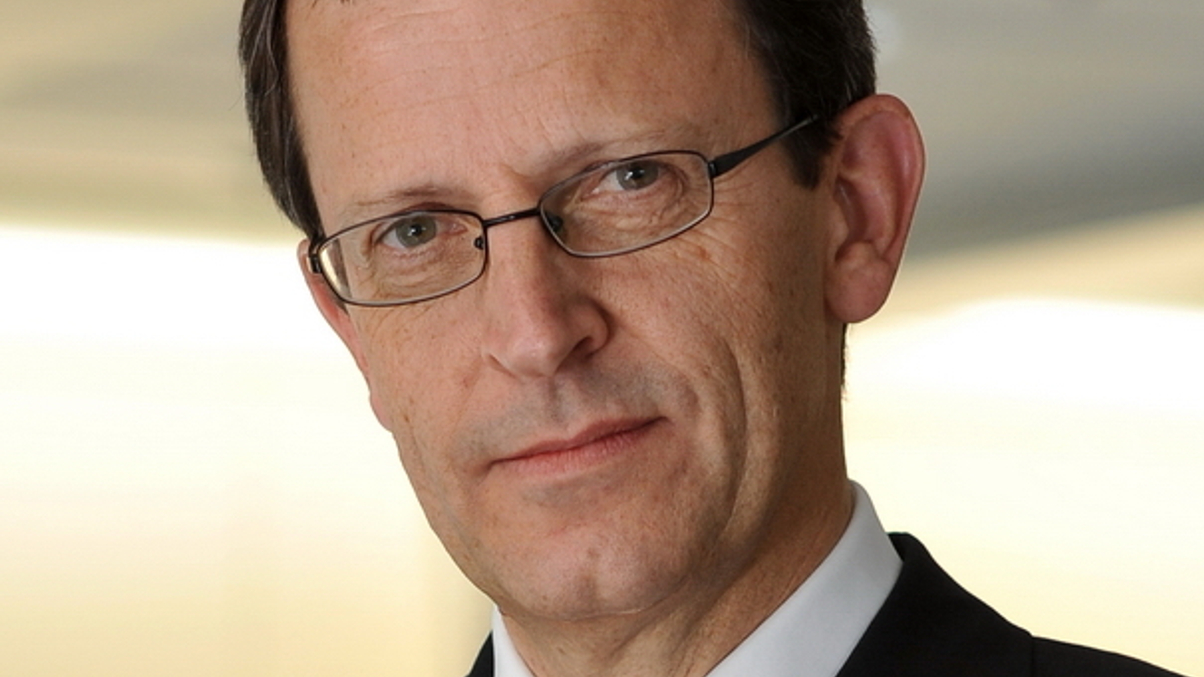HSBC rolls out broker-dealer outsourcing in Thailand
The launch widens HSBC's footprint in the lucrative market for third-party agency clearing services in Asia.

HSBC Securities Services has launched outsourced clearing and settlement processing services for broker-dealers in Thailand, expanding on the bank’s footprint for so-called account operator services in the region, where emerging markets will be a key focus.
Sign in to read on!
Registered users get 2 free articles in 30 days.
Subscribers have full unlimited access to AsianInvestor
Not signed up? New users get 2 free articles per month, plus a 7-day unlimited free trial.
¬ Haymarket Media Limited. All rights reserved.


